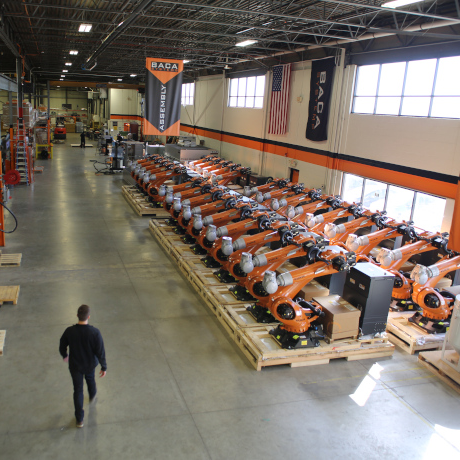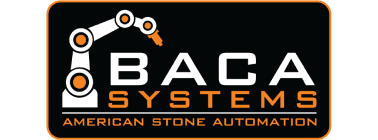
Slack supports the digital supermarket experience
Coles supermarkets have been feeding Australians for more than 100 years. Since the first Coles Variety Store opened in 1914 in Melbourne, consumer retail habits have changed quite a bit. Keeping up with these constantly evolving customer expectations is why Coles remains a leading Australian retailer today.
In 2020, it set its next goal: to deliver a seamless omnichannel experience that combines in-store and online shopping. It was time to scale the Coles Digital team.
If it’s not done right, a bigger and distributed workforce could mean a hierarchical organisational structure, inefficient communication, and a slower pace of innovation.
Coles had previously tried solving this with other platforms, but its growing product and engineering teams needed a more streamlined, all-in-one solution. Patrik Mihailescu, the Senior Engineering Manager of Web & Loyalty at Coles, knew there was a better choice to support their vision of a digital transformation.
“Slack helped us scale our product teams to provide frictionless customer experiences, increasing conversion rates and customer satisfaction.”
From monthly to weekly product releases
For Coles, getting new features in customers’ hands at speed isn’t a capability. It’s a differentiator. And with the help of Slack, it’s now responding to customer needs and opportunities four times faster.
Before Slack, product releases were stressful and slow. Communication was fragmented and engineers worried about breaking the site on every product release.
Now, Slack channels are used during product deployments to keep engineers updated, both in real-time and asynchronously.
“With Slack, our product deployment cycles have gone from monthly to weekly. This year, we’ll move to daily releases,” says Mihailescu.
Launching a new release at Coles has become much faster. What once took three days is now achieved in just a single day. This efficient deployment process on Slack makes things easier for the Coles team to deliver better customer experiences and set itself apart from its retail competitors.

With Slack, our product deployment cycles have gone from monthly to weekly. This year, we’ll move to daily releases.
Chaos-free incident resolutions with Slack
Product and software engineers’ time is too valuable to waste fixing broken lines of code. While bugs and other incidents are inevitable in development, they were causing more interruption than they should have.
The complexity of running so many connected systems used to mean that a problem in a lower environment—where development and testing happen—could stop the work of a hundred Coles engineers.
“Before Slack, there was a lot of confusion and chaos when an incident arose. Engineers didn’t know who to contact or which platform to use,” says Mihailescu.
The chaos has been cleared by Slack integrations with alerting and testing tools like PagerDuty, Sentry and Azure DevOps. Now, engineers receive automated updates in a Slack channel when there’s an issue. The right people to fix it are notified instantly. And there’s no need to jump to other tools to check for alerts and test results. It’s all done in Slack.
Incident resolution times have gone from half a day to just half an hour. That’s a lot less waiting around for problems to be fixed, and a lot more time to spend on shipping new features to customers.
Transparency frees up more time for high-value work
Slack has become an open source of knowledge for the Coles Digital team. By encouraging employees to share information freely and asynchronously on Slack, meetings are down by 20%, and there’s no longer a need for go, no-go meetings for deployments.
When meetings are held, they’re now used for more meaningful work.
“Because of Slack, meetings have gone from low-value discussions like ‘What is the line of code?’ to high-value collaboration on ‘What is the customer experience?’,” says Mihailescu.
Slack’s search feature and public channels make it easy for engineers to self-serve and find relevant information without asking a manager. And huddles have become a fast way for them to connect organically instead of blocking calendars with meetings.
According to Mihailescu, there’s now more spontaneous engineer-to-engineer collaboration—the type of valuable work that fuels new and exciting ideas to benefit customers directly.
“Slack connects the doers to solve problems and ideate. The transparency builds trust, empowers individuals, and gives them time to focus on the bigger things.”















